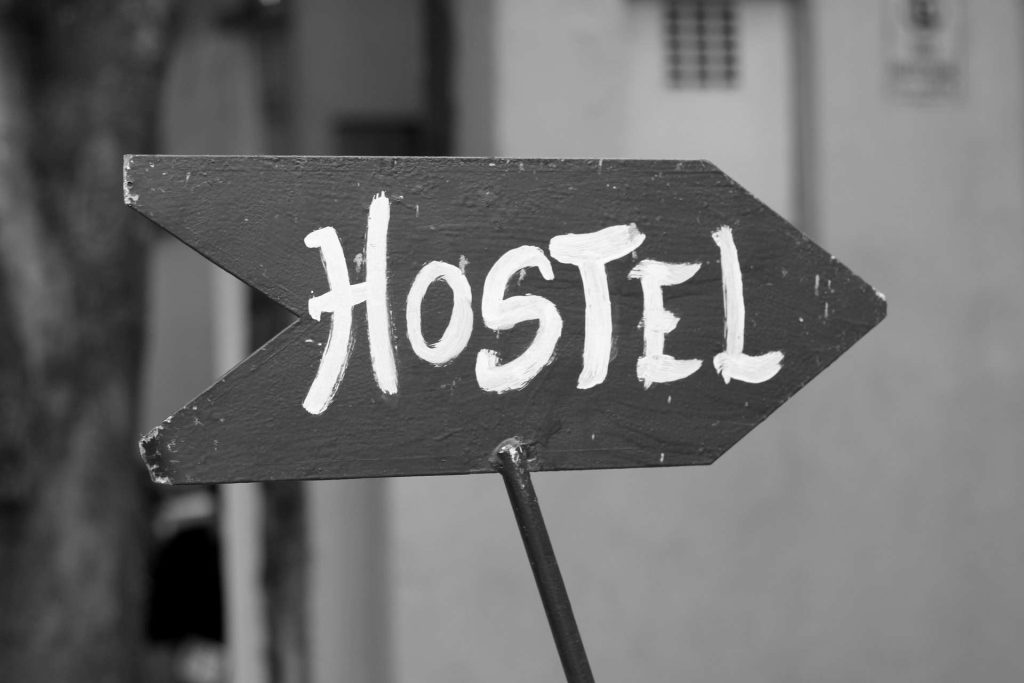
Your budget doesn’t have to stop you from enjoying a comfortable getaway. All you have to do is to secure a cheap flight and pick a good hostel. All booked? You’re good to go.
Of course, you cannot just pick the first place that comes up when you search hostels near me. Where you stay is actually the most important part of travel planning.
Thankfully, you don’t have to figure out how to choose the best hostel on your own—I’m here to help! As a seasoned traveler and backpacker, I’ve stayed in many hostels and know what truly matters.
Below are 12 essential things to look for in a hostel. Let’s dive in!
3 Tips for Picking the Most Affordable
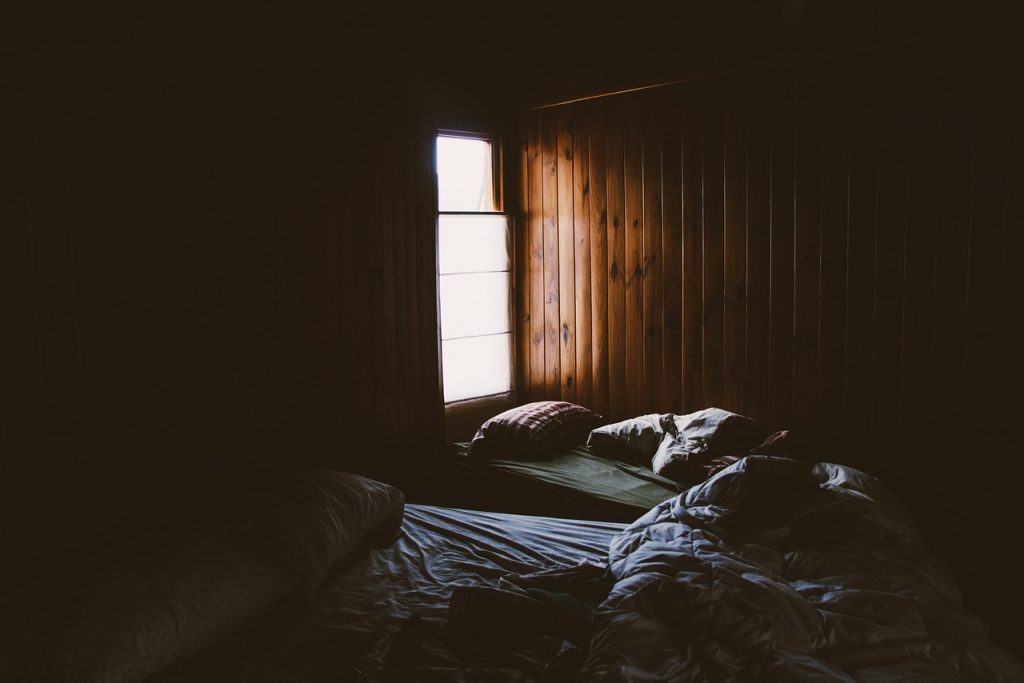
Most wayfarers stay at hostels to save on accommodation. These budget-friendly places allow you to spare money for other experiences. And while it’s not ideal to go for the cheapest hostels for obvious reasons (i.e. comfort, security, and so on), you can still find decent ones at affordable prices. Let’s see how.
#1 – Set your budget in advance
Knowing how much you’re willing to spend on accommodation is essential for a smooth travel-planning. I usually start by budgeting in Excel or Notion to estimate costs before booking anything. My typical budget plan includes all sorts of expenses, such as transportation, food, souvenirs, and, most importantly, accommodation.
If you don’t want to write down everything, just check hostels on Booking and try to figure out the ideal price range. For example, if most hostels are around €15 per night, an ideal range would be between €12 and €18. This method can help you manage your resources effectively without sacrificing quality.
#2 – Compare hostel prices with hotels and Airbnb
Hostels are more affordable than hotels – that’s a fact. A couple of months ago, I stayed at a Prague hostel for €7 per night. There was – and is – basically no chance to find a good hotel that cheap. Still, the price gap is different everywhere. In some destinations, especially very touristy ones, hostels can cost about the same as other alternatives.
This is basically why I always compare hostels with hotels to see whether I can find a better deal. I’m usually OK with paying €5-10 extra per night for a single room at a decent hotel.
That being said, if your budget is tighter, a hostel will allow you save that extra €5-10 for a good breakfast. So, consider your budget (tip #1) and compare all options before making a choice.
#3 – Book from the hostel’s website
Hostel search tools and online travel agencies might be great for finding accommodation. They allow you to book everything in one place, which is very helpful for multi-destination trips, and give you special discounts. But you can still secure better deals booking directly from a hostel’s website.
I usually use search tools to find decent hostels and check their ratings. When I find a hostel I like, I look for a website or app before booking. If the hostel has a website and it’s cheaper there, I go for it.
3 Tips for Ensuring Security

The main concern when staying at a hostel is security – especially the security of your belongings. You can find some essential tips for choosing a good, and safe, hostel.
#4 – Read the reviews
The easiest way to check a hostel’s safety – and quality – is by reading reviews. And not only on one platform. You should check several sources, such as Google Maps, TripAdvisor, and Yelp, for a better idea.
It’s true that everybody’s experience will be different, but if a place has predominantly negative reviews regarding security, it’s definitely a red flag. Yes, a broken shower head might not affect you that much, but when everyone says the place is sketchy or the owners make them uncomfortable, it’s best to skip that venue.
So, always take a few minutes to read reviews and steer clear of a place with mostly negative ones.
#5 – Check the location
A hostel might have the best facilities, excellent reviews and an affordable price, but if its location is bad, look for a better alternative. Location matters—it impacts safety, convenience, and your overall experience.
If a hostel isn’t very central, that’s still OK, as long as there’s public transportation nearby. But if the area is dangerous, that place should be off your list; safety isn’t something you should ever sacrifice. Your hostel must be in an area where you can walk at night without feeling unsafe.
There are a few tools and platforms to learn more about a location. I usually use Google Maps to check the area and see the nearby public transportation options. Also, I often seek real-world advice about the area on online forums and Facebook groups. In fact, even a quick Google search might be helpful.
#6 – Pick a hostel with lockers (and bring your own padlock)
Lockers are your best friend at a hostel—especially if, like me, you’re also traveling with electronics.
Surprisingly, not all hostels provide lockers. I’ve stayed in a few without them, and it was an uncomfortable experience. My advice? Check the hostel’s amenities and pics to see if they have lockers. If you really liked the hostel but cannot find any information online, do not hesitate to contact them.
Also, an extra tip: bring your own padlock. Some hostels give you padlocks, but some don’t.
3 Tips for Comfort
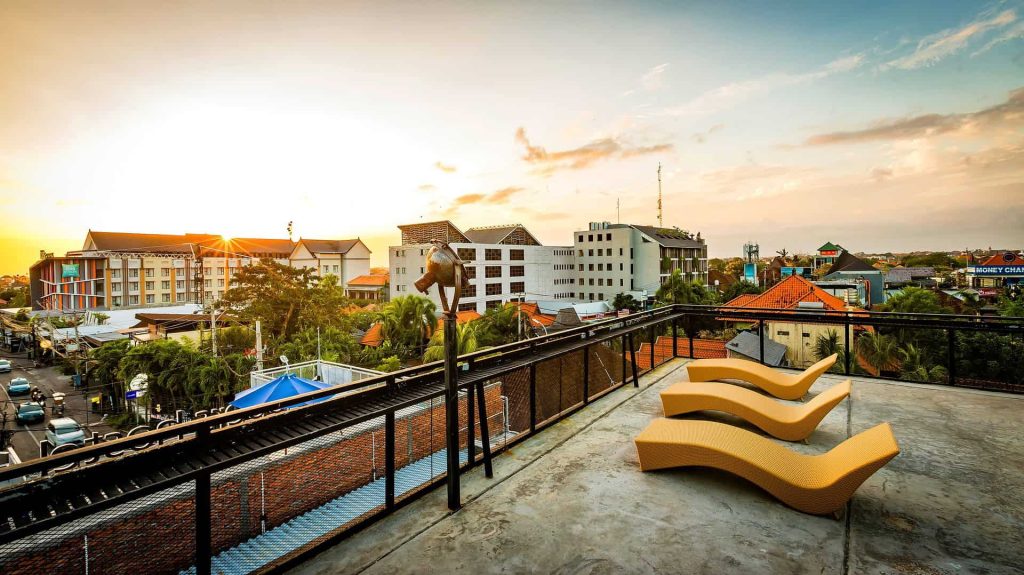
Affordability and security are essential for a smooth journey; but comfort is the key. Staying at a hostel that doesn’t provide you with a restful experience always equals to a trip ruined. So, let’s find out how to pick a hostel that guarantees your convenience.
#7 – Pick rooms with fewer beds
Crowded hostel rooms are typically more affordable, but they come with several disadvantages. The biggest one is the concern about the security of your belongings. Even if you use lockers to secure your valuables, it still isn’t a guarantee that someone won’t take your shirt or slippers. I’ve had friends who lost their belts, gloves and even hats at hostels. Most often, it’s because people mistakenly take things, believing they’re theirs.
That’s not all, though. Crowded rooms are usually noisy. While most hostels have quiet time after 10 pm, even someone entering or leaving the room is enough distraction for a light sleeper. Likewise, in rooms with lots of beds, there’ll be people lugging bags early in the morning or arriving late at night.
Everything considered, I recommend rooms with fewer beds. For me, a four-bed room is ideal, it’s enough people to socialize without spending a sleepless night.
That being said, if you still have to stay in a crowded room for any reasons, don’t forget to bring earplugs and never leave your things out in the open.
#8 – Power sockets beside the beds are a must
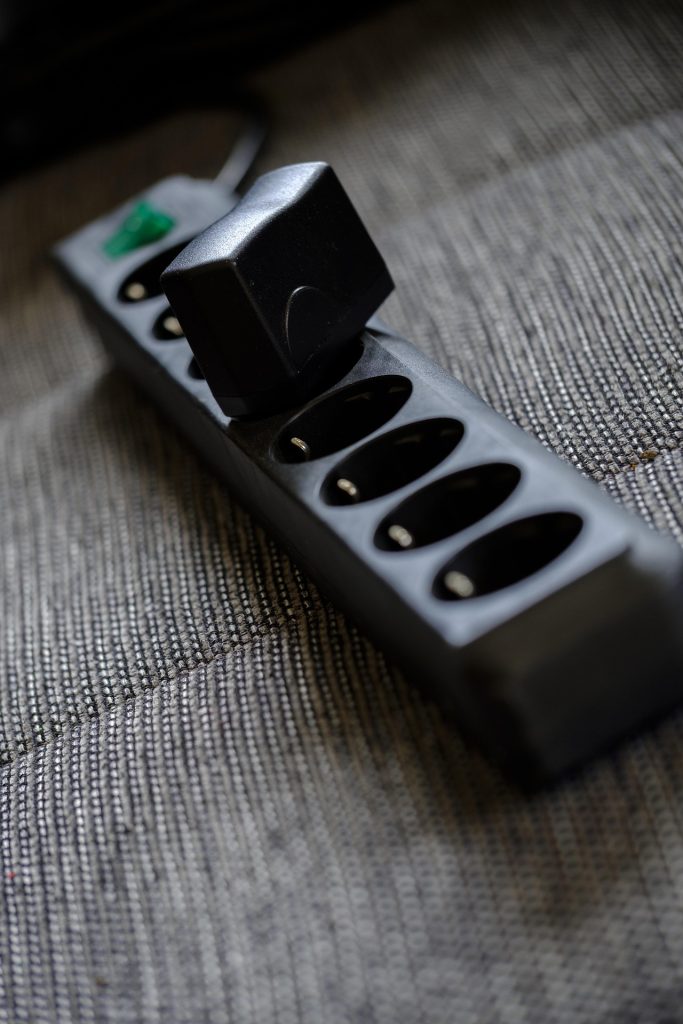
Ideally, every hostel must have power sockets next to each bed — but some don’t. When I first started backpacking, I stayed in several places without power points for the top bunk, and some didn’t even provide extension cords.
To avoid such inconveniences, check the hostel’s images to see if all the beds have sockets and, most importantly, carry an extension cord just in case.
#9 – Check for bed bugs
Bed bugs are a real, and very uncomfortable, issue that can infest any type of accommodation. If there are any comments about bed bugs, steer clear of that establishment as it shows a serious lack of care and cleanliness.
Also, don’t stop there. Check the bed linen once you arrive at the establishment. If there are any sign of bed bugs, let someone know and don’t sleep in that room—if possible, change your hostel.
3 Tips for Making the Best of Your Hostel
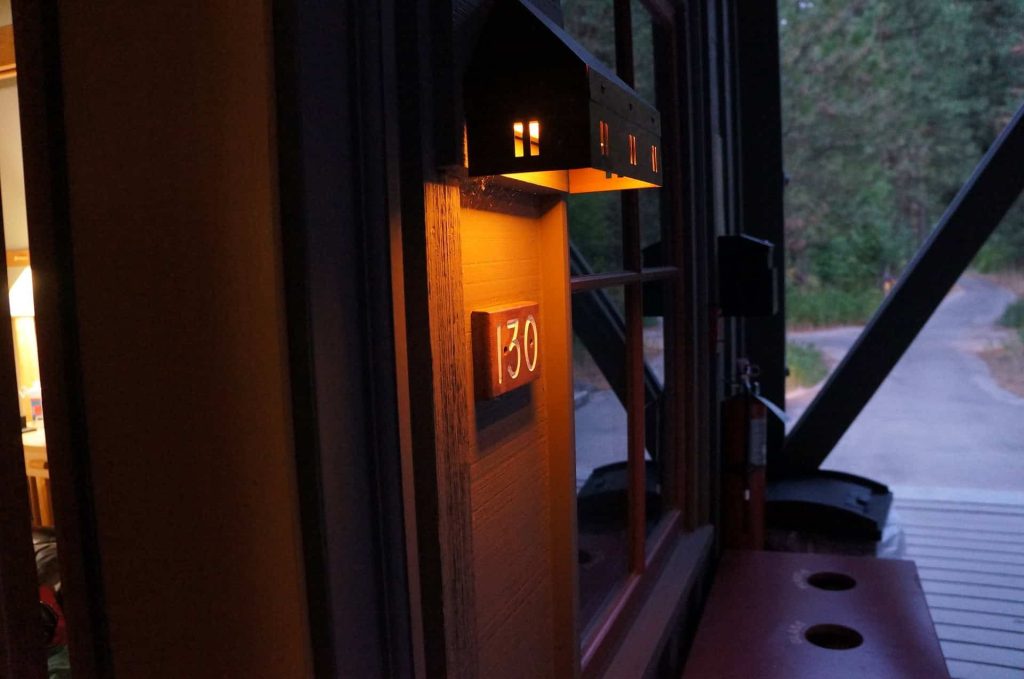
A hostel is more than a place to sleep; it’ where you can socialize with people, relax, and enjoy a home-like experience. So, carefully pick your hostel and make sure that it has all the key facilities that might help you in any scenario. Let’s dive into some tips and see how.
#10 – A good breakfast is everything
A good breakfast at a hostel allows you to start your day full of energy and pay less for food. Here I want to highlight the “good” part. Some hostels basically give you a few snacks or a toast and call it a breakfast. As you can guess, this definitely isn’t worth the extra money you pay.
Don’t forget to check out the hostel’s reviews to find out what kind of breakfast they serve and if there are any bonuses, such as free snacks or coffee, before booking.
#11 – Use the bar and the common area
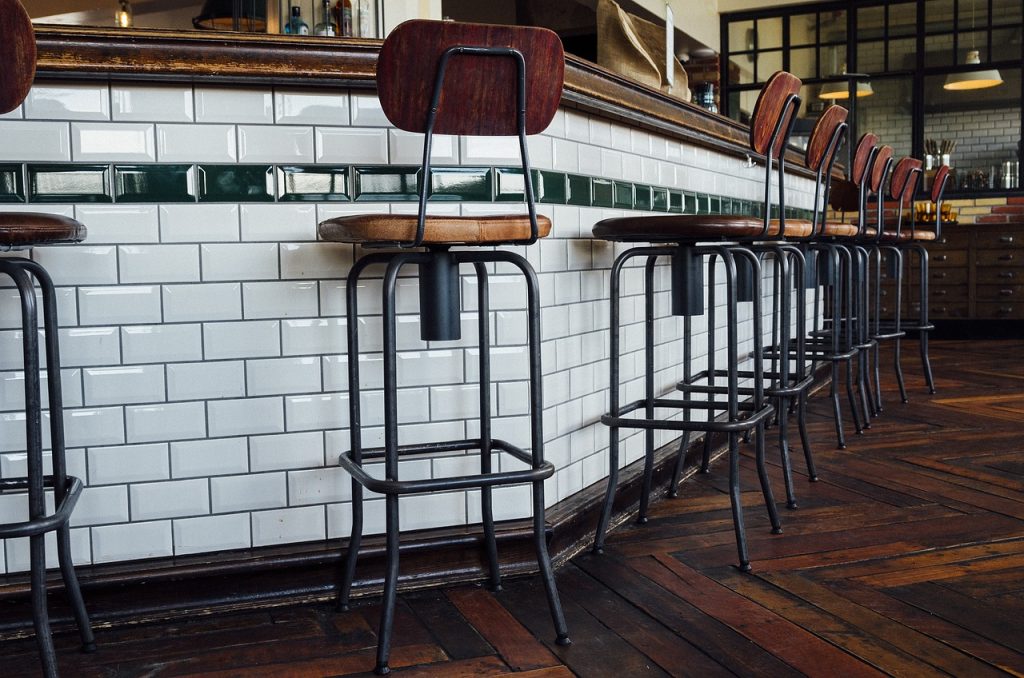
The lack of a bar and a common area is definitely not a deal-breaker for me. However, if your hostel has these, it might be a good idea to take advantage of them.
At the bar, you can get to know new people and even find someone to explore the city together with. Since some hostel bars are usually more affordable than regular places, it might also be a great way to save on food.
The common area is great for travelers who work remotely—like myself. It’s also another place you can meet with people and even form new friendships.
#12 – Choose a hostel with a kitchen
When you’re in a new place, you should try the local food to immerse in the culture better. However, on long trips, eating out every day might be too costly for budget-travelers.
Thankfully, cooking your own food is always an option. Choosing a hostel with a kitchen allows you to cut costs and avoid going over your budget. You can shop for ingredients at a local market for even more savings.
Conclusion
To sum up, when choosing a hostel, don’t forget to check its location and facilities. Remember that affordability doesn’t require you to sacrifice quality; so, try to pick a place that offers both a friendly atmosphere and quality amenities.

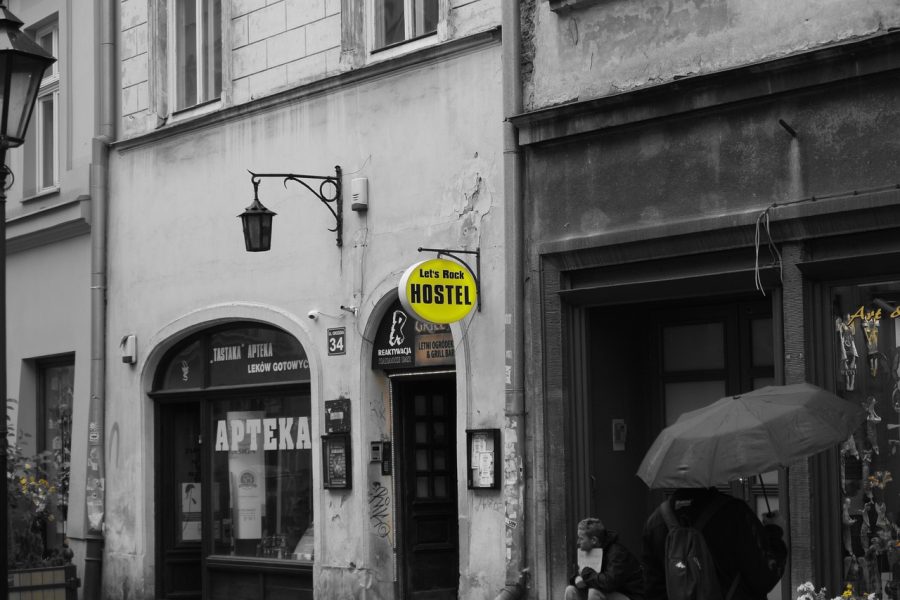
Leave a Reply